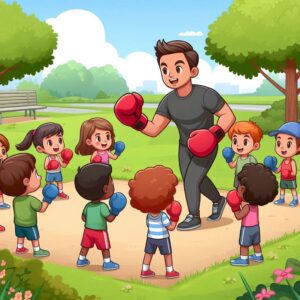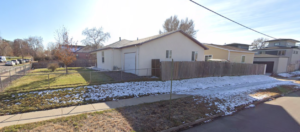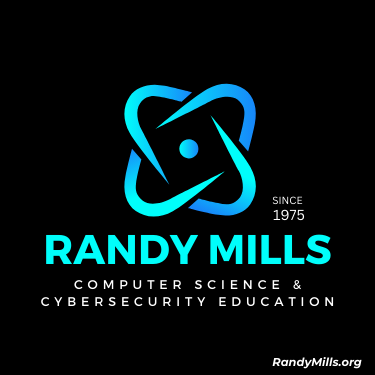
Neighborhood used to mean something powerful in a lot of cultures. For a while in the late sixties, I lived near Harrington Elementary in Denver. There’s a new Harrington now, but back then it was this beautiful, three-story brick building at 38th and Steele Street. I lived just a few blocks away at the corner of 37th and Cook Street.
Down the street, farther south on Cook, was a little neighborhood park. Nothing fancy, but it was the heart of our community. I spent countless hours there playing football with the kids from school—kids I went to Harrington with. That was the era when you’d leave the house in the morning and only come back when the streetlights came on.
Some of my favorite memories from that time happened in that park. One of the most vivid involves a man who would occasionally show up to teach us boxing. He had a relative who lived nearby, so he wasn’t there all the time, but when he was, we looked forward to it. He wasn’t some larger-than-life figure—just a kind, gentle man who enjoyed working with kids. We got to know him not through headlines or politics, but face-to-face, one-on-one.
His name was Corky. Just Corky—a guy from the neighborhood. I spent hours learning how to throw punches, keep my balance, and work the basics. I never thought much of it at the time. It was just something we did. It wasn’t until years later that I realized who he really was.
Fast forward a few years. I had this amazing teacher who loved introducing us to controversial literature and voices from political movements. That’s where I first read Maya Angelou, Allen Ginsberg, and Lawrence Ferlinghetti—right alongside Emily Dickinson and Robert Frost. I’m still grateful for that teacher; he gave me a broad foundation in poetry and perspective.
One day, we were reading Chicano literature in class. The piece was I Am Joaquin. I glanced at the author photo—and there he was. The guy from the park. The guy who taught us boxing.
Turns out Corky wasn’t just a friendly neighbor. He was a major Chicano activist in the fifties and sixties, a powerful force in Denver politics, and a leader of the Crusade for Justice. He played a huge role in Latino political movements and voter registration drives. Sure, he was criticized by many—easy targets for racists and bigots—but I knew a different side of him.
 To me, he was the man who gave his time to a bunch of scrappy little kids in a park. He was patient, generous, and truly kind. I’ve never had a bad word to say about him—and I never will. The criticism doesn’t match the man I knew.
To me, he was the man who gave his time to a bunch of scrappy little kids in a park. He was patient, generous, and truly kind. I’ve never had a bad word to say about him—and I never will. The criticism doesn’t match the man I knew.
That’s the power of a neighborhood. It cuts through politics and prejudice. Sadly, that kind of connection is rare these days. If there’s one thing I wish we could bring back from the past, it’s that sense of community.
In my heart, I’ll always be that little kid in the park, trying to throw a proper jab, learning more than I realized. And if I can live up to the quiet example Corky set for us back then, I’ll consider that a win.
